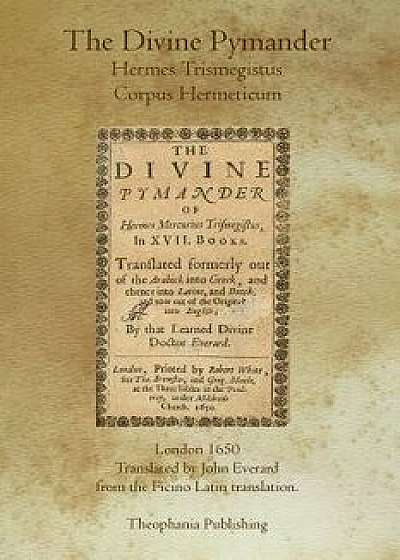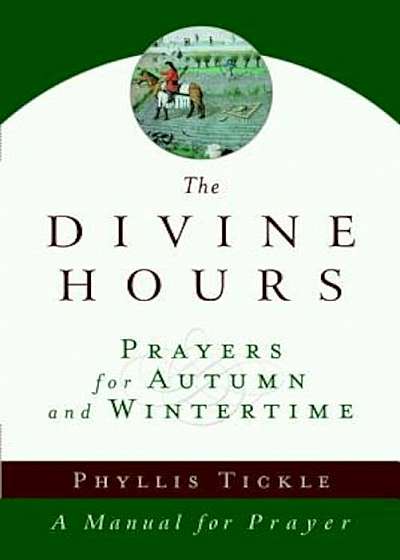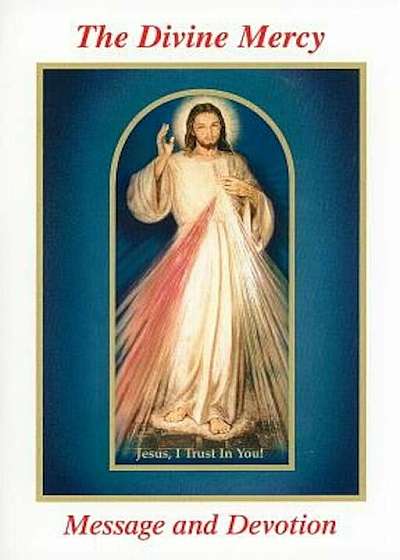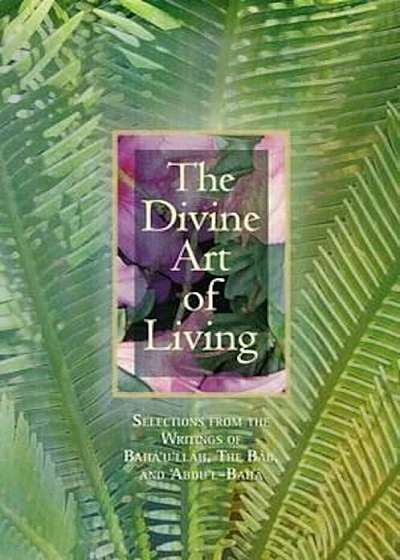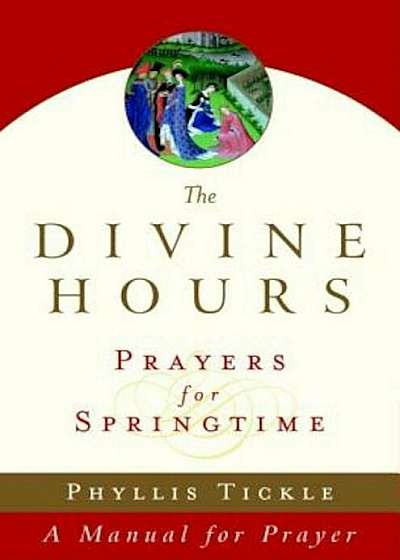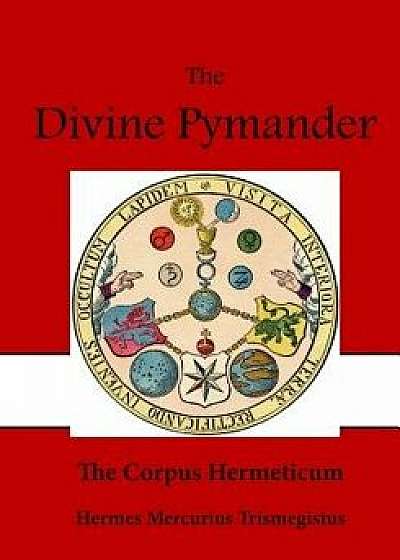
The Divine Pymander: The Corpus Hermeticum, Paperback/Hermes Mercurius Trismegistus
Descriere
The Divine Pymander of Hermes Mercurius Trismegistus - The Corpus Hermeticum - This Book may be one of the oldest in the World - The Hermetica are Egyptian-Greek wisdom texts from the 2nd and 3rd centuries AD, which are mostly presented as dialogues in which a teacher, generally identified as Hermes Trismegistus ("thrice-greatest Hermes"), enlightens a disciple. The texts form the basis of Hermeticism. They discuss the divine, the cosmos, mind, and nature. Some touch upon alchemy, astrology, and related concepts. In this Book, though so very old, is contained more true knowledge of God and Nature, than in all the Books in the World besides, except only Sacred Writ; And they that shall judiciously read it, and rightly understand it, may well be excused from reading many Books; the Authors of which, pretend so much to the knowledge of the Creator, and Creation. If God ever appeared in any man, he appeared in him, as it appears by this Book. That a man who had not the benefit of his Ancestors' knowledge, being as I said before, The first inventor of the Art of Communicating Knowledge to Posterity by writing, should be so high a Divine, and so deep a Philosopher, seems to be a thing more of God than of Man; and therefore it was the opinion of some That he came from Heaven, not born upon Earth Goropius Becanus]. There is contained in this Book, that true Philosophy, without which, it is impossible ever to attain to the height, and exactness of Piety, and Religion. According to this Philosophy, I call him a Philosopher, that shall learn and study the things that are, and how they are ordered, and governed, and by whom, and for what cause, or to what end; and he that doth so, will acknowledge thanks to, and admire the Omnipotent Creator, Preserver, and Director of all these things. And he that shall be thus truly thankful, may truly be called Pious and Religious: and he that is Religious, shall more and more know where and what the Truth is: And learning that, he shall yet

